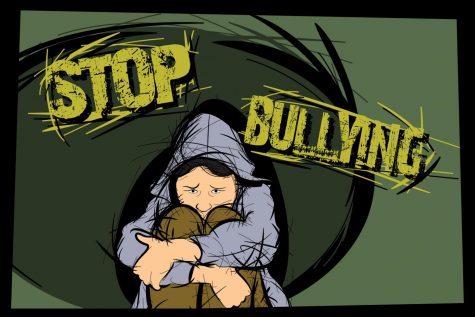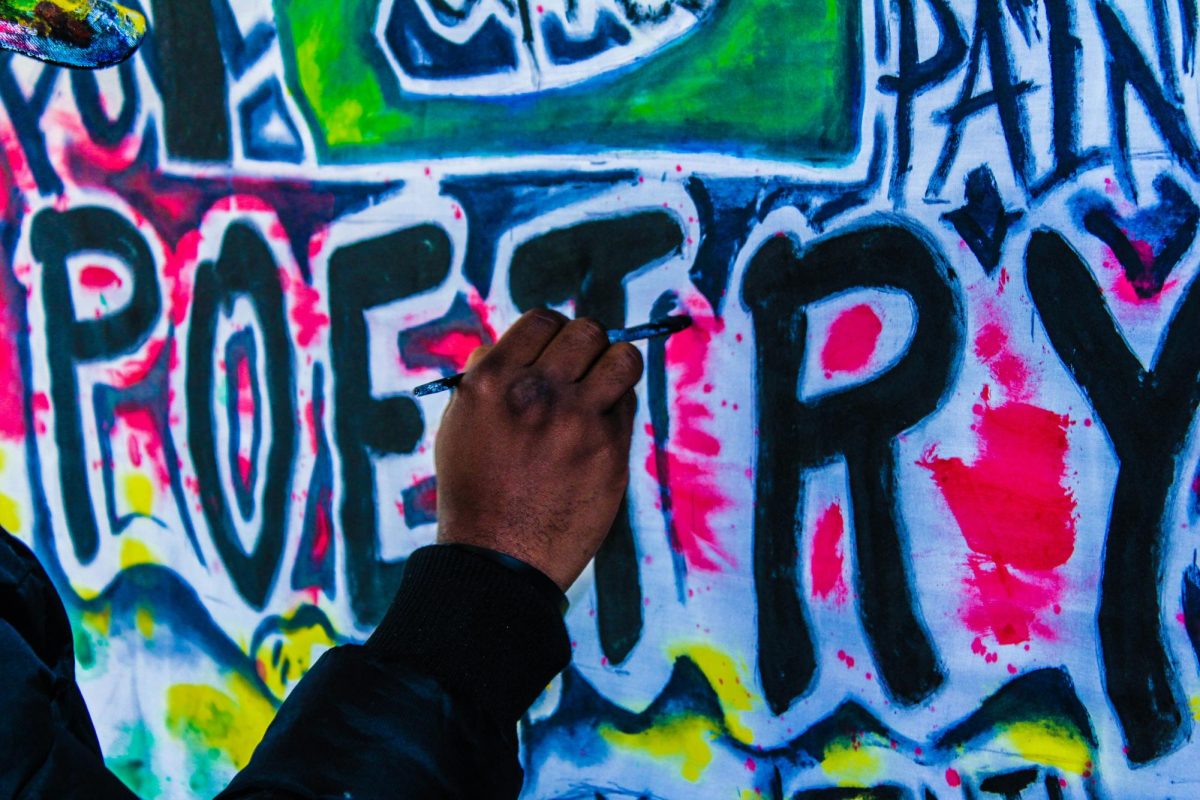Bullying Can Lead to Mental Health Issues and Poor Grades
April 5, 2018
Over 3.2 million students get bullied in America every day for what they wear, the shape of their bodies, color of their skin, race, or even sexuality. When this bullying intensifies it leads to many issues for the victim such as negative thoughts, low self-esteem, emotional distress, self-harm, and other mental health disorders which can lead to suicide.
Freshman Kevin Smithson (not his real name), gets bullied and says that “It makes me want to hide and cry. It makes me feel like I shouldn’t even be in this world anymore. I get made fun of and negative labels get thrown at me…” Most likely, bullies do not fully realize how their words and actions can affect someone until they see their victim hurt emotionally. Lack of attention is one of the main reasons why people decide to bully others. Freshmen Kamryn Connors, a person who has been a bully previously shares her experience.
“I was a young and immature fifth grader who joked around too much and completely disregarded what others might feel. I was verbally abusive and ignorant. I indeed regret bullying. It impacted my life. Honestly, I wasn’t aware I was bullying people until I was directly called a bully both by the kid I bullied and by the counselor. I’m nowhere near perfect but I can proudly say I grew up and matured. I made this experience a lesson for myself; which is to treat others with kindness and respect as well as help those in need.” Often times, bullying leads its victims to poor grades. Bullying can lead to decreases in school performance and overall happiness. Usually, bullied victims have feelings of hopelessness and try to isolate themselves socially. Most victims also have a tendency to become paranoid about their surroundings as a result of being bullied. A former behaviorist counselor at Piscataway High School, Dr. Shannon Gutches states,
“Bullying can lead to many types of mental disorders. Often, depression, bipolar disorder, and anxiety are very common. It can lead to low self-esteem as well. But it’s best if the bullied student ignores the bully.” For the most part, bullied victims with depression, anxiety, and bipolar disorder have common symptoms like feeling self-conscious lonely, having rapid mood swings, feeling suicidal and getting irritated easily. Kevin Smithson, a bully victim, agrees.
“It caused me to have depression and anxiety. When I get bullied I just sit there and do nothing about it. Then once I come home from school I tell my mom about it.” Usually, the majority of the bullied victims do not report being bullied to a counselor. Most of the time this is because victims think the situation will only get worse if they tell. Additionally, Dr. Shannon Gutches stated, “Between September and December there has been about 12 reported cases of bullying in our school. People bully others because they want to show off their power.”
Students who feel they’ve been bullied should speak up. They can speak to a teacher, counselor or any trusted adult. The bottom line is to never remain silent, and if you or someone else you know is getting bullied, seek help!

















